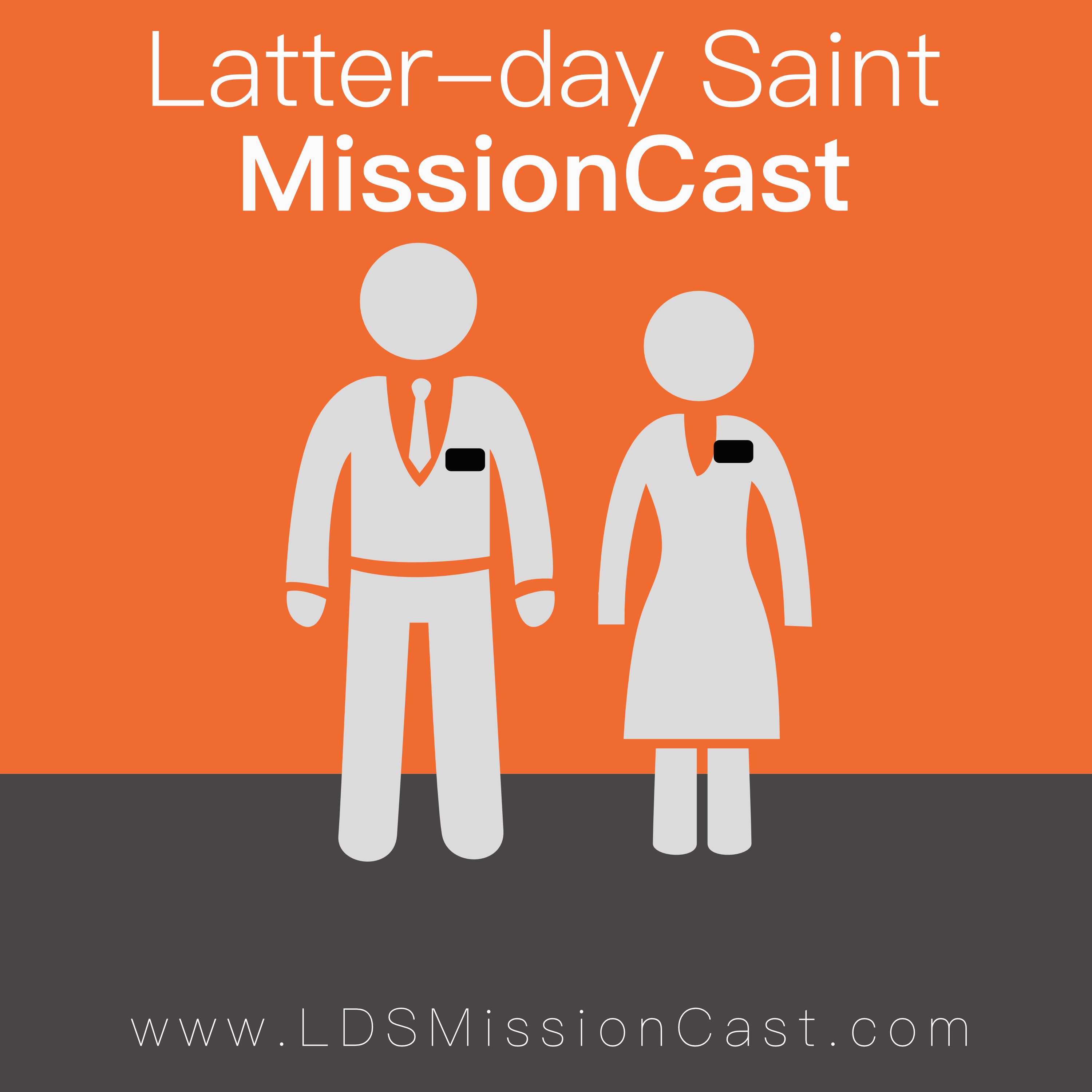Podcast: Play in new window | Download
Subscribe: Spotify | RSS | Subscribe to Podcast

Chelsea Woodruff, President of B’Nai Shalom – www.mormonsandjews.org
Welcome to the LDS MissionCast a podcast to educate and inspire in the great cause of Missionary Work. In a previous episode, episode #2 of the podcast, we had on Dr. Daniel Peterson to talk about things missionaries and members should know about Islam. A good part of missionary work is meeting and building a relationship with individuals of other faiths. Today’s interview will be with Chelsea Woodruff, who is President of an organization called B’Nai Shalom, that can be found and the website mormonsandjews.org. This group was founded as a fellowshipping organization for those individuals who came into the church from a Jewish background. She helps us to learn some wonderful things about the faith traditions and teachings that have informed LDS Theology, as well as helping to correct some teachings or statements that have been perpetuated that can be hurtful to believe, let alone share with others.
Nick’s reflections on this episode:
In an episode of the LDS Perspectives podcast with Gale Boyd on Jewish Holy Days, I learned something that has helped me shift my way of looking at the Law of Moses. Gale spent years in Jerusalem among the people absorbing their rich cultural traditions. One of the things that she shared in that podcast is how the people interpreted what we referred to as the Law of Moses, particularly the part where we talk about an eye for an eye and a tooth for a tooth, etc. I tried to allude to this in the interview, but felt like we didn’t really focus on this interpretation at the time, which is fine, but it is worth sharing here. The Law of Moses is often made a caricature by saying that when a person blinds someone their punishment is that they must also loose their eye site. In other words, what ever you do to someone is done back at you. While this might help deter some from doing harm to another, it somewhat misses the spirit of that law, which is what Jesus came to restore back and to fulfill when he came to Earth.
Gale shared how some of the people in Jerusalem see this law and say, if I have done something to cause you to loose your eyesight, then I promise to become your eyes. If I do something to bring injury to your livestock, I don’t harm my livestock, but I provide for that person in the way that livestock would have provided for their family, be it meat, milk, income, etc. See, the Law of Moses’s original intent was to help foster love of God and love of our neighbor. Taking this approach allows us to see the repentance process where individuals make restitution for the wrongs they have committed. This is less about revenge and justice, and more about love, redemption, and restitution. Not only are individuals sufficiently deterred from doing harm to others, but this also fosters a spirit of community, of forgiveness, and responsibility to each other–Zion.

Thank you for listening to this episode of LDS MissionCast. Our numbers are growing, but we would still love for you to share this podcast with your friends or anyone you think that would enjoy it. Remember, you can listen to this episode, or any of our past episodes at LDSMissionCast.com Subscribe to our podcast at this page on any of the major podcasting platforms.

